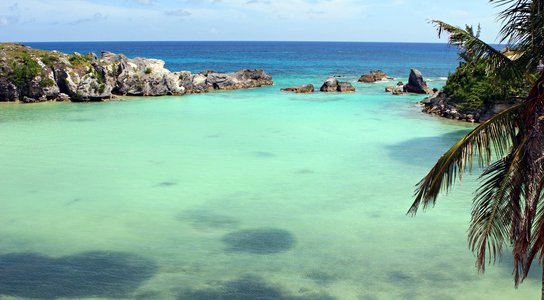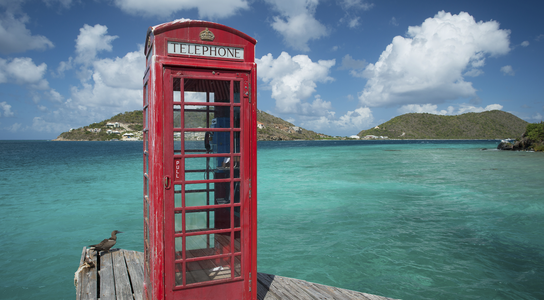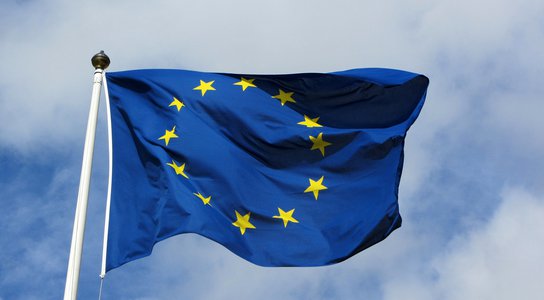David Burt, the Premier of Bermuda, misled listeners on BBC Radio 4’s Today programme about Bermuda’s efforts to tackle the corporate secrecy that enables tax avoidance, evasion, corruption and money laundering this morning.
In response to the Paradise Papers revelations, he was asked “Your register of ownership is not public, it is secret,” Mr Burt replied “Our register of ownership is public and not secret. The fact is that Bermuda has known who the beneficial owners of our companies have been for over 70 years.”
This is not true. Bermuda does not have a public register of beneficial ownership.
In fact the only people in the UK that can access Bermuda’s beneficial ownership registry is the UK’s National Crime Agency, on request – to which Bermudan authorities usually have 24 hours to respond to.
When challenged by the Today programme that the public does not know and are not able to know who owns companies under Bermudan law he evaded the question saying that “The public is not able to know under many different countries laws, but what I think is most important is the fact that we have a robust regulatory regime.” This statement clearly does not rectify his earlier inaccurate response.
This information is crucial as Bermuda is the jurisdiction where the highest number of offshore companies in the Paradise Papers are based, according to the ICIJ. By not publicly disclosing the true owners of these companies – which a public beneficial ownership register would do – it allows them to hide behind a wall of secrecy. These are anonymously owned companies.
Global Witness has repeatedly shown the damage these companies do. They can act a getaway cars for money launderers and tax evaders all over the world. By hiding the ownership of these companies, they can be used as vehicles to launder dirty money, whilst hiding the identity of the individuals involved.
This hurts the UK’s interests. In Theresa May’s own words, the laundering the proceeds of crime “is not only a financial crime, it fuels political instability around the world, supports terrorists and extremism and poses a direct and immediate threat to our domestic security and our overseas interests.”
We can do something about this. Bermuda is also one of the British Overseas Territories, formerly the British Crown Colonies, which make up some of the world’s most significant tax havens. Others include the British Virgin Islands and the Cayman Islands. These are all UK territories, for which the UK government is ultimately responsible.
The most effective way to tackle anonymous companies is by revealing their true, beneficial owners. Beneficial ownership refers to the individual people who ultimately own or control companies and trusts. Making beneficial ownership information available the public would tackle the problems of anonymous companies – helping businesses know they are doing business with, journalists and investigators detect crime and ensuring law enforcement from other countries can access it.
Not only is Bermuda’s beneficial ownership register not public, it is also not up-to-date. As the government of Bermuda acknowledges “the current requirement is for such companies to file beneficial ownership information at the time of formation, with no obligation to provide an update”.[1] While proposals have been developed to require companies to keep up-to-date records, for examples when the ownership of the company changes, these are not yet in force.[2]
Rather than misleading the British public about its efforts to tackle tax haven secrecy, Bermuda should stop lobbying the UK government to oppose transparency and recognise that this transparency is vital if it is to clean up its tarnished reputation.


